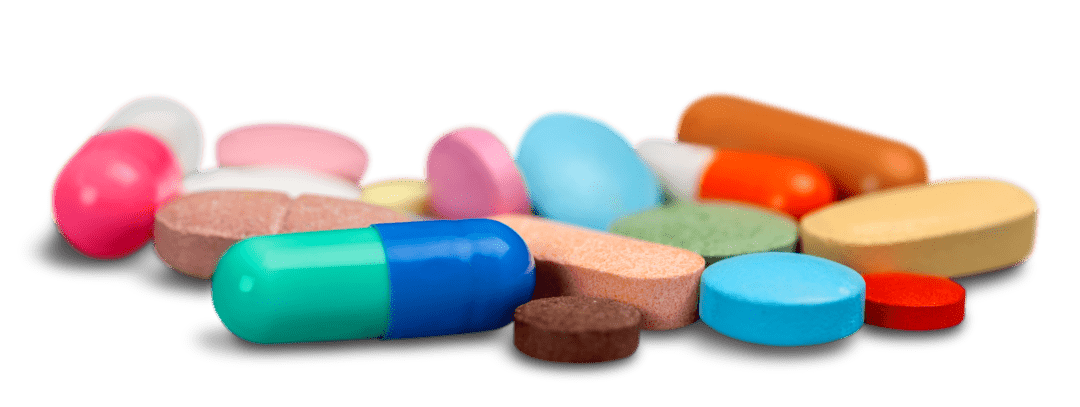MEDICATIONS
One of the greatest achievements of our time is the continuous development of pharmaceutical therapy. However, due to the extreme ease with which is possible to take a hold of medications despite their having to be prescribed by a doctor, we are facing an increase of medications abuse and psychotropic substances addiction.
When an individual takes medication without a proper (or any) expert medical advice, there is an even higher possibility to develop an addiction following the abuse of medications.
Some of the main medications and psychotropic substances that may lead to addiction are:
- Analgesics;
- Anti-anxiety medications (benzodiazepine);
- Antidepressants;
- Barbiturates (sedatives, antiepileptics);
- Narcotics (morphine, methadone);
- Ipnoinducents;
- Stimulant drugs (amphetamines).
ADDICTION
One of the first symptoms which indicates that an addiction has taken place is the habituation to the medication, which implies having to up the dosage in order to obtain the same wanted effect.
Another signal is the appearance of withdrawal effects whenever the use of the substance is stopped.
Intense and constant cravings towards the substance make the individual experience a deep impulse towards assumption, accompanied by obsessive thoughts.
One of the greatest achievements of our time is the continuous development of pharmaceutical therapy

WITHDRAWAL FROM MEDICATIONS AND PSYCOTROPIC SUBSTANCES
Withdrawal symptoms vary depending on which substance has been abused.
Opioids (painkillers, morphine, methadone, codeine) can induce withdrawals symptoms already after a few hours after the last use. Symptoms can last up for a week or more. If not assisted, withdrawal from these substances, even if it’s not deathly, may lead to relapse, in an attempt to alleviate symptoms.
The most frequent withdrawal symptoms from opioids medications are: nausea and vomiting, diarrhea, muscular cramps, nervous agitation, anxiety, cravings, sweating, joint pain, increased blood pressure and heart rate.
Withdrawal syndrome from stimulants medications (such as amphetamine and methamphetamine) has the same physiological effects which have been observed in cocaine users, even though specialists think that in this case the symptoms may last more, due to the prolonged impact that these medications have at a physiological level. Some of these symptoms include: depression, irritability, anxiety, fatigue, focusing issues and hunger alterations.
Withdrawal symptoms from benzodiazepine and anti-anxiety (Xanax, Valium) medications may appear within the first 24 hours and can last a few days up to a few months, depending on how long has the individual abused of the substance and on the specific kind of medication. The most common symptoms, caused by an abrupt assumption of the medication, appear within 1-4 days since the last use and may last up to 10 days. Some of these symptoms are: tremors, anxiety, panic attacks, sweating, tachycardia, headache, muscular rigidity and focusing issues.
SHORT AND LONG TERM EFFECTS
Psychoactive drugs affect the central nervous system, causing abnormalities in the functioning of the brain, in mood regulation, perception and consciousness issues. Short and long term effects may vary depending on the specific substance used and the length of the abuse period.
Psychological changes have also been observed, characterized by mood swings with a tendency towards depressive and maniacal episodes, wrongful perceptions, memory and focusing issues, aggressiveness, loss of consciousness and, in extreme cases, psychotic states.
Physiological damages may include heart or brain strokes, epilepsy, high blood pressure, hepatic complications and kidney failures, respiratory arrests, comatose states or even death, in extreme cases.
TREATMENT
Treatment for drug addiction includes firstly a prompt visit to a specialist. Hospitalization may also help. Treatment also includes multidisciplinary interventions (such as pharmaceutical therapy, behavioral therapy, residential programs) which may continue over the whole course of the most acute phase. Afterwards, treatment may be continued as an outpatient or in semi-residentials programs, to guarantee the best reintegration of the individual in the society.




